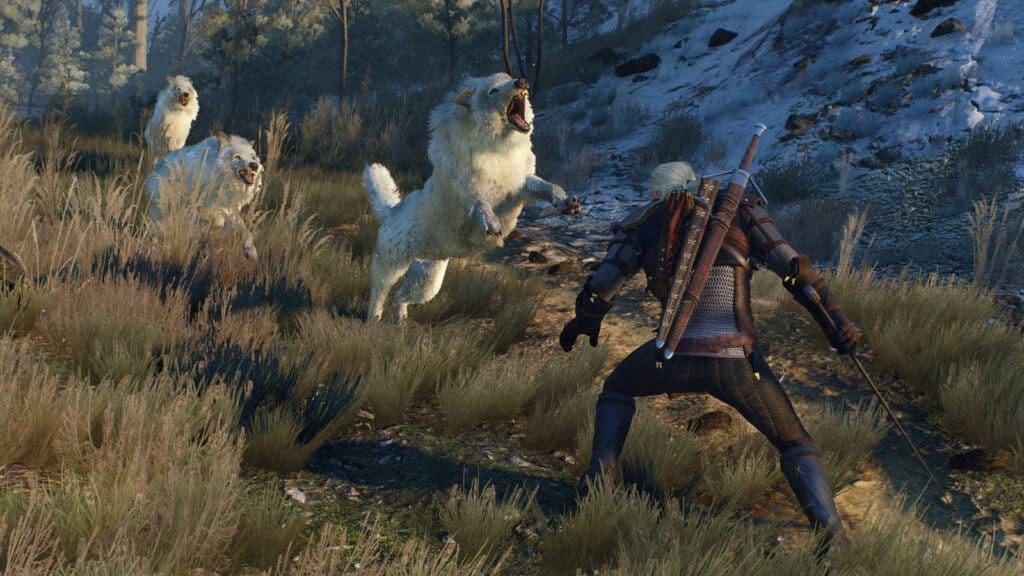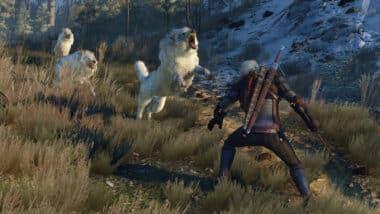“The Witcher 3: Wild Hunt” immerses players in a rich, morally ambiguous world, offering an intricate narrative that delves into the complexities of choice, consequence, and the shades of grey within its characters and storytelling.

The Witcher 3: Wild Hunt – Intricate Storytelling and Moral Ambiguity in a Complex World
Expansive Narrative and Quest Design
The game boasts an expansive narrative, featuring an array of quests and storylines. Each quest presents morally ambiguous decisions, challenging players with choices that have far-reaching consequences, blurring the lines between right and wrong.
Moral Grey Areas: Characters and Choices
The game’s characters are multi-dimensional, often with conflicting motivations and shades of morality. Geralt of Rivia, the protagonist, navigates a world where decisions are seldom black or white, emphasizing the blurred morality within the narrative.
Impactful Choices and Consequences
Player choices in “The Witcher 3” have significant consequences that ripple throughout the narrative. Each decision affects the world, shaping relationships, altering the story’s direction, and impacting the fate of characters and regions.
Realistic World-Building and Ethical Dilemmas
The game’s world-building reflects realism and ethical dilemmas. Themes of war, politics, racism, and the consequences of power permeate the narrative, challenging players to navigate a morally complex landscape.
Conclusion: Moral Complexity and Narrative Depth
“The Witcher 3: Wild Hunt” stands as a pinnacle of storytelling in gaming, offering a morally intricate world filled with compelling characters and narratives. Its exploration of moral ambiguity and consequence-driven storytelling sets a benchmark for immersive and mature gaming experiences.
In conclusion, “The Witcher 3: Wild Hunt” exemplifies narrative depth, moral ambiguity, and complex characters, setting a high standard for storytelling in gaming and challenging players with thought-provoking choices and consequences.


